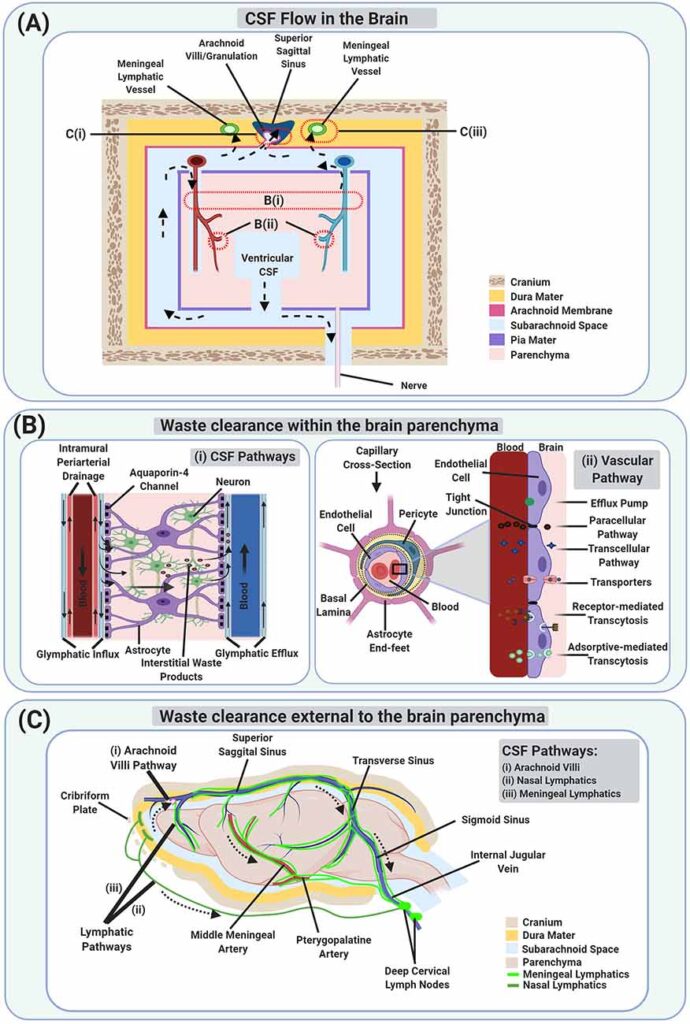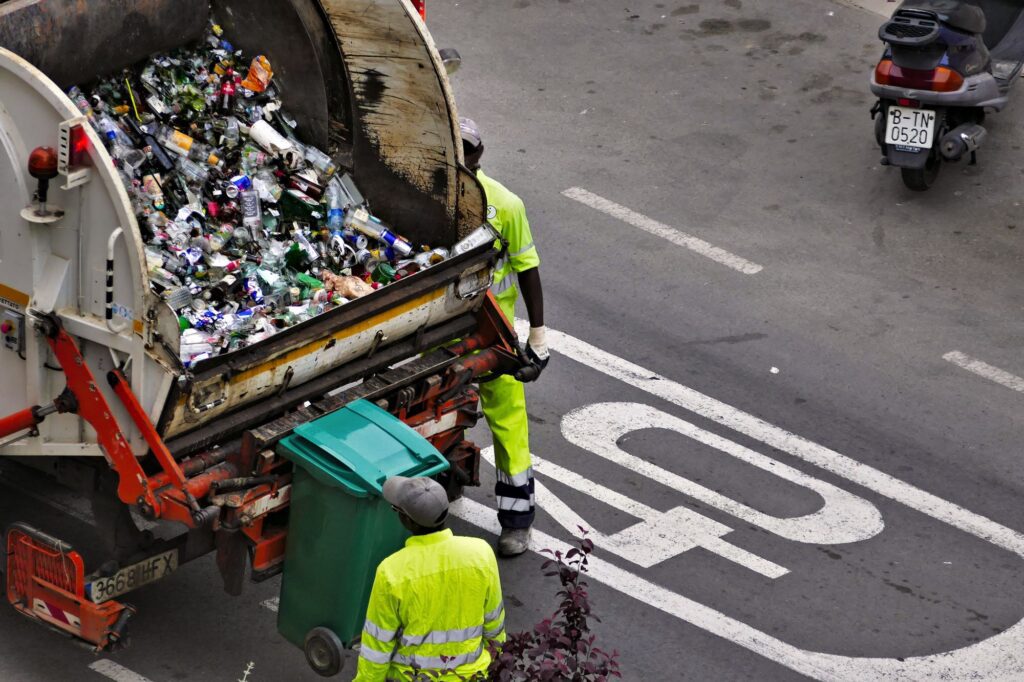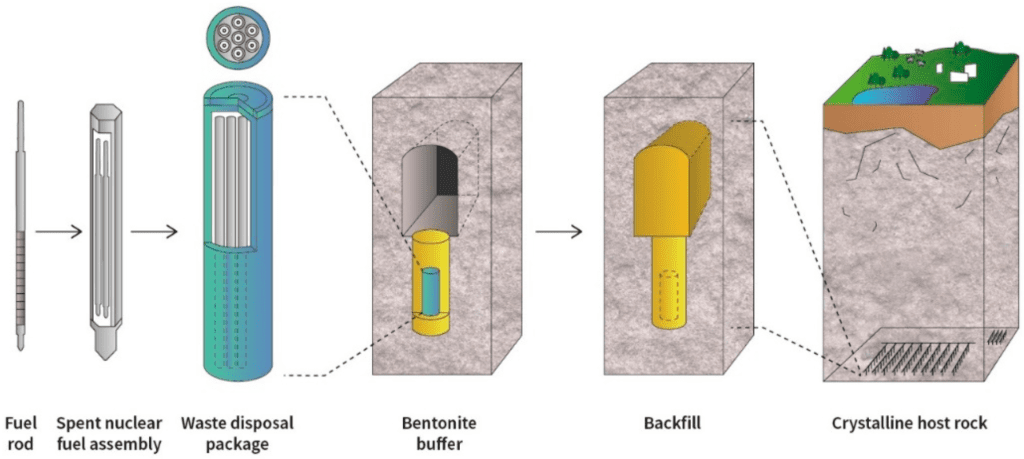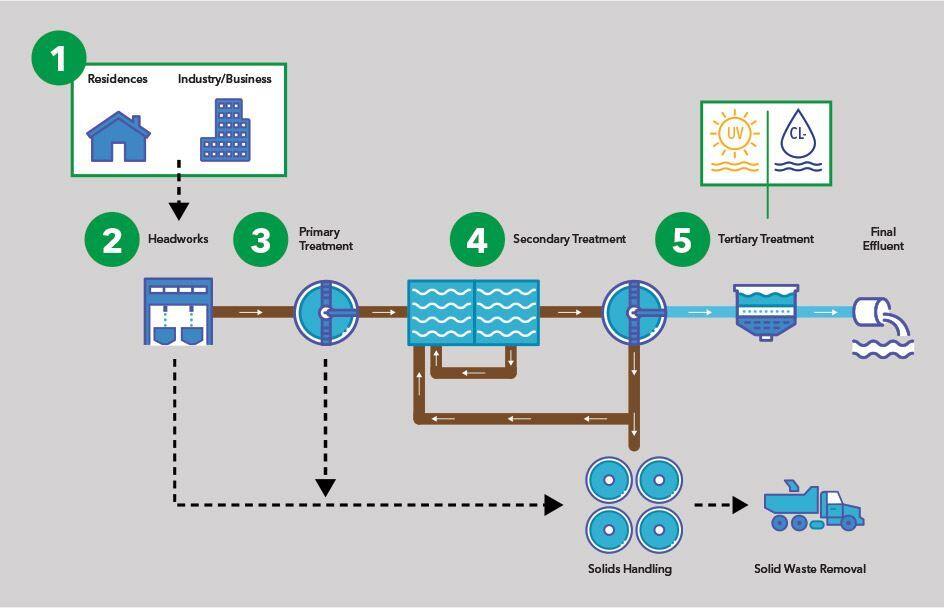Hey, are you struggling with keeping your operation running smoothly and managing waste removal efficiently? Look no further! Allow TN to be your reliable partner in ensuring a seamless operation and effective waste removal.
You see, TN specializes in streamlining processes and providing top-notch waste management solutions. With our expertise, we can help you identify potential bottlenecks, optimize workflows, and implement sustainable waste removal practices. Consider us your secret weapon for a productive and eco-friendly operation. So, why stress over operational challenges and waste management when TN is here to lend a helping hand?
Importance of Smooth Operation
Efficiency and productivity
Smooth operation is crucial for businesses as it directly impacts efficiency and productivity. When processes run smoothly, tasks are completed in a timely manner and resources are utilized effectively. This leads to increased productivity and helps businesses meet their goals efficiently. On the other hand, when operations are hindered by issues such as equipment breakdowns or inefficiencies in workflow, it can result in delays, bottlenecks, and decreased productivity.
Customer satisfaction
Smooth operation plays a vital role in ensuring customer satisfaction. When businesses deliver products or services smoothly without any hiccups, customers are more likely to be satisfied. On the contrary, if there are delays or errors in the process, customers may become frustrated and dissatisfied. Smooth operation ensures that customers receive their orders on time, without any issues, and have a positive experience with the business.
Cost savings
Smooth operation can also lead to significant cost savings for businesses. By optimizing workflows and streamlining processes, businesses can reduce wastage of resources and minimize downtime due to equipment breakdowns or inefficient operations. This translates into cost savings as businesses are able to utilize their resources effectively and avoid unnecessary expenses. Additionally, smooth operation reduces the risk of errors and rework, which can be costly for businesses.
Factors Affecting Smooth Operation
Equipment maintenance
Regular and effective equipment maintenance is crucial for smooth operation. Equipment breakdowns can cause interruptions in the workflow and lead to delays and decreased productivity. By implementing a proactive maintenance schedule, businesses can prevent unexpected breakdowns, extend the lifespan of their equipment, and ensure smooth operation.
Employee training and supervision
Well-trained and supervised employees are essential for smooth operation. When employees have the necessary skills and knowledge to perform their tasks effectively, it reduces the chances of errors and delays. Continuous training and monitoring can help employees stay updated with the latest practices and enhance their efficiency. Proper supervision ensures that employees adhere to standard operating procedures and work cohesively as a team.
Workflow optimization
Efficient workflow is a key factor in achieving smooth operation. Businesses need to analyze their processes and identify areas that can be improved. By optimizing workflows, businesses can streamline operations, eliminate unnecessary steps, and reduce bottlenecks. This not only enhances productivity but also ensures that tasks are completed smoothly and in a timely manner.

Waste Removal Methods
On-site waste handling
On-site waste handling involves managing and disposing of waste within the premises of a business. This method requires businesses to have proper waste segregation systems, storage facilities, and trained staff to handle the waste. On-site waste handling can be effective for businesses that generate a significant amount of waste regularly and have the resources to manage it efficiently.
Recycling and reuse
Recycling and reuse are important waste removal methods that contribute to sustainability and environmental conservation. Businesses can implement recycling programs to separate recyclable materials from their waste stream and send them to recycling facilities. This not only reduces the amount of waste sent to landfills but also promotes the use of recycled materials. Additionally, businesses can explore opportunities for reusing certain waste materials within their own operations, reducing the need for new resources.
Outsourcing waste management
Outsourcing waste management to specialized service providers can be a cost-effective and efficient solution for businesses. Waste management companies have the expertise and resources to handle different types of waste and ensure its proper disposal or treatment. By outsourcing waste management, businesses can focus on their core operations while relying on professionals to handle their waste. This also ensures compliance with waste regulations and allows businesses to benefit from the latest waste management practices.
The Role of Technology in Smooth Operation and Waste Removal
Automation and process control
Technology plays a crucial role in achieving smooth operation through automation and process control. Automated systems can streamline processes, minimize human errors, and ensure consistent and efficient execution of tasks. For example, automated production lines can significantly increase productivity by reducing manual intervention and optimizing the workflow. Similarly, process control systems can monitor and regulate various parameters to maintain optimal operational conditions and prevent breakdowns or inefficiencies.
Waste tracking and monitoring systems
Technology can also facilitate effective waste tracking and monitoring. Businesses can implement waste tracking systems that enable them to monitor the quantity and composition of their waste in real-time. This data can help identify areas where waste generation can be reduced and inform decision-making regarding waste management strategies. Monitoring systems can also alert businesses to any abnormalities or issues in the waste management process, allowing for prompt remedial actions.
Data analytics for optimization
Data analytics plays a pivotal role in optimizing smooth operation and waste removal. By analyzing data related to operations and waste management, businesses can identify areas for improvement, detect patterns or trends, and make informed decisions. Data analytics can provide insights into bottlenecks, inefficiencies, and waste generation, enabling businesses to implement targeted strategies to enhance efficiency and reduce waste. It also allows businesses to track the effectiveness of their initiatives and continuously improve their processes.

Implementation Strategies for Smooth Operation and Waste Removal
Developing standard operating procedures (SOPs)
Standard operating procedures (SOPs) are essential for achieving smooth operation and waste removal. SOPs provide step-by-step guidelines for employees to follow, ensuring consistency and minimizing errors. These procedures should cover every aspect of operations, including waste handling and management. By developing comprehensive and well-documented SOPs, businesses can establish a systematic approach to their operations and ensure adherence to best practices.
Implementing waste management plans
Businesses should develop and implement waste management plans to effectively manage their waste. These plans should include strategies for waste reduction, recycling and reuse initiatives, and proper disposal methods. By setting clear objectives and implementing specific actions, businesses can systematically address their waste management needs. Regular reviews and updates of these plans are essential to ensure their effectiveness and alignment with evolving waste management practices.
Continuous improvement through feedback and analysis
Continuous improvement is key to maintaining smooth operation and optimizing waste removal. By encouraging feedback from employees and customers, businesses can identify areas that need improvement and implement necessary changes. Regular analysis of operational data and waste management metrics can also provide insights into areas for optimization. A culture of continuous improvement fosters innovation and ensures that businesses stay ahead of the competition.
Compliance and Regulatory Considerations
Understanding local and regional waste regulations
Adherence to waste regulations is crucial for businesses to ensure compliance and avoid penalties. It is essential to understand the specific waste regulations of the regions in which a business operates. Different jurisdictions may have varying requirements for waste handling, segregation, disposal, or recycling. By understanding these regulations, businesses can ensure that their operations align with legal requirements and avoid any legal or reputational risks.
Obtaining necessary permits and licenses
Businesses may need to obtain permits or licenses to handle and dispose of certain types of waste. These permits are granted by regulatory authorities and ensure that businesses meet specific criteria for waste management. It is important to identify the permits or licenses required and follow the necessary procedures to obtain them. By obtaining the required permits, businesses can demonstrate their commitment to responsible waste management and ensure compliance with regulatory requirements.
Auditing and reporting requirements
Regulatory authorities may require businesses to conduct audits and submit regular reports on their waste management practices. These audits and reports assess the effectiveness of a business’s waste management efforts and ensure compliance with regulations. Businesses should establish robust auditing processes and maintain accurate records to facilitate smooth compliance. By regularly monitoring and reporting their waste management practices, businesses demonstrate transparency and accountability to regulatory authorities and other stakeholders.

Benefits of Outsourcing Waste Management
Expertise and specialized services
Outsourcing waste management allows businesses to benefit from the expertise and specialized services of waste management companies. These companies have in-depth knowledge of waste handling, disposal, and recycling techniques. They stay updated with the latest industry practices and regulations, enabling businesses to tap into their expertise. By outsourcing waste management, businesses can ensure that their waste is managed efficiently and in compliance with best practices.
Cost-effectiveness and scalability
Outsourcing waste management can be a cost-effective solution, especially for small and medium-sized businesses. Waste management companies can offer customized solutions based on a business’s specific needs, eliminating the need for upfront investment in infrastructure and equipment. Additionally, outsourcing allows businesses to scale their waste management efforts as needed, without the need to invest in additional resources. This flexibility ensures that businesses can adjust their waste management strategies according to their evolving needs.
Legal and regulatory compliance
Outsourcing waste management to specialized service providers ensures that businesses remain in compliance with waste regulations. Waste management companies have extensive knowledge of local and regional regulations, allowing them to handle waste in accordance with legal requirements. By relying on professionals for waste management, businesses can focus on their core operations while having peace of mind knowing that their waste is being managed legally and responsibly.
Case Studies: Best Practices in Smooth Operation and Waste Removal
Company A: Streamlining processes and reducing waste
Company A implemented a comprehensive process optimization initiative that streamlined their operations and reduced waste generation. By analyzing their workflows and identifying bottlenecks, they were able to eliminate unnecessary steps and improve efficiency. They also introduced recycling programs and implemented waste reduction strategies. As a result, they achieved significant cost savings and increased customer satisfaction due to faster turnaround times.
Company B: Implementing recycling initiatives
Company B recognized the importance of sustainability and implemented robust recycling initiatives. They set up dedicated recycling stations throughout their premises and educated employees about the importance of recycling. By segregating their waste and sending recyclables to recycling facilities, they reduced their environmental impact and promoted a culture of sustainability among employees. This initiative not only contributed to waste reduction but also enhanced the company’s reputation as an environmentally responsible business.
Company C: Successful waste management outsourcing
Company C outsourced their waste management to a specialized service provider that offered comprehensive waste management solutions. The service provider conducted a waste audit and developed tailored waste management plans for the company. The outsourcing arrangement allowed Company C to focus on their core operations while ensuring compliance with waste regulations. Additionally, the waste management company implemented innovative recycling and treatment methods, leading to further waste reduction and cost savings for Company C.

Challenges and Solutions for Smooth Operation and Waste Removal
Resistance to change and lack of employee buy-in
One common challenge in achieving smooth operation and implementing effective waste removal methods is resistance to change. Employees may be resistant to new processes or reluctant to adopt new practices. To overcome this challenge, businesses need to involve employees in the decision-making process, provide proper training and education, and communicate the benefits of the proposed changes. By encouraging employee buy-in and addressing their concerns, businesses can facilitate a smoother transition and ensure successful implementation.
Limited resources and budget constraints
Limited resources and budget constraints can pose challenges in implementing smooth operation and waste removal strategies. Businesses may struggle to invest in advanced technology or hire specialized personnel. However, there are alternative approaches that can be adopted. For instance, businesses can start with smaller-scale improvements, prioritize the most impactful initiatives, and explore cost-effective outsourcing options. Collaboration with other businesses or industry associations can also help in sharing resources and costs.
Collaboration with suppliers and partners
Collaboration with suppliers and partners is essential for achieving smooth operation and effective waste removal. Businesses need to establish open lines of communication and work together to optimize processes and reduce waste generation. For example, businesses can collaborate with suppliers to minimize packaging waste or explore joint recycling initiatives. By fostering collaborative relationships, businesses can leverage the knowledge and resources of their partners to enhance their own operations and waste management.
Conclusion
Ensuring smooth operation and effective waste removal is critical for the success of businesses. It not only enhances efficiency and productivity but also contributes to customer satisfaction and cost savings. By considering factors such as equipment maintenance, employee training, and workflow optimization, businesses can streamline their operations. Waste removal methods such as on-site waste handling, recycling, and outsourcing provide solutions for effective waste management. The role of technology, implementation strategies, compliance with regulations, and outsourcing benefits further optimize smooth operation and waste removal. Case studies highlight best practices, while challenges like resistance to change, limited resources, and collaboration can be overcome with the right strategies. By prioritizing smooth operation and waste removal, businesses can create a sustainable and successful future.

